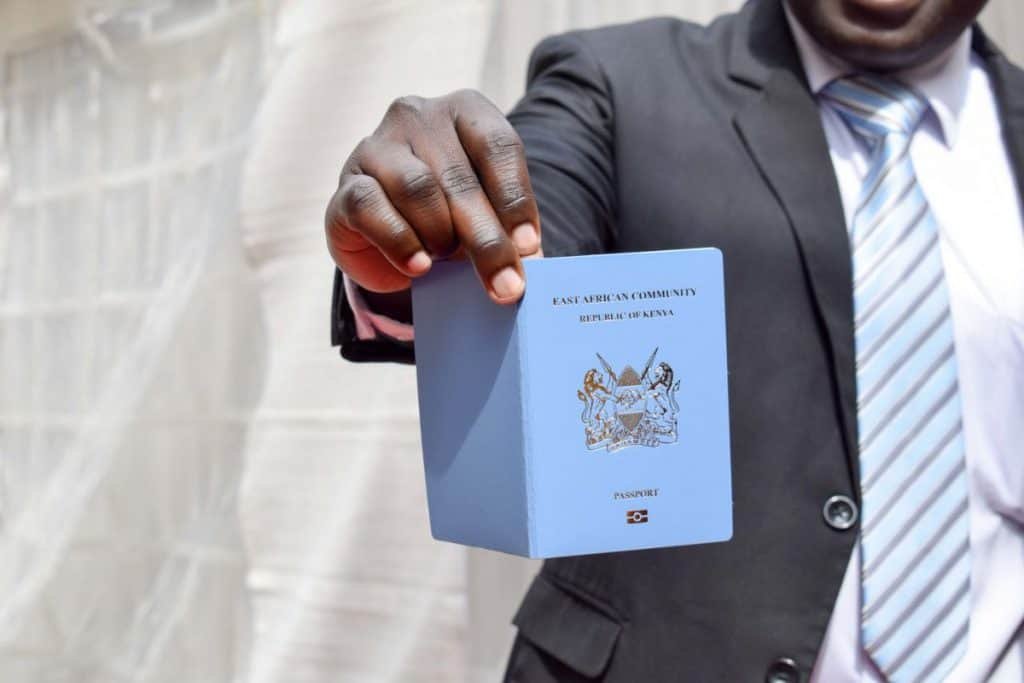For individuals living paycheck to paycheck or concerned about falling behind on financial obligations, effective money management through budgeting can help maintain a stable financial situation and avoid debt accumulation.
For that to happen, developing a budget is the first important step.
Creating a Budget
When resources are limited, creating a detailed household budget is essential.
The process involves determining total monthly income followed by fixed expenses such as housing, utilities, and debt obligations. Subtracting expenses from income clarifies discretionary funds available each month for variable needs like groceries and entertainment.
Thoroughly reviewing spending patterns highlights opportunities to reallocate funds in a more cost-effective manner, such as eliminating cable television or preparing meals at home instead of eating out daily. Maintaining a budget promotes financial accountability and control.
Develop an Emergency Fund
A common challenge for those on a limited income is the lack of reserves to address unexpected costs without incurring additional debt. Even modest savings can prevent taking on high-interest debt to cover emergencies.
Though initial savings may be difficult, a budget identifies funds available each month to deposit into a separate savings account solely for unplanned expenses. Windfalls like bonuses, gifts, or side incomes should also go directly to savings until a cushion of at least $1,000 is accumulated.
Prioritise Expenditures
Non-essential spending must be reduced to direct available funds to highest needs. Tracking expenditures reveals opportunities to cut costs, such as limiting tobacco, alcohol, or subscription services. Preparing meals at home rather than eating out provides another significant savings.
Living Arrangements
When budget cuts and frugality are insufficient, living arrangements should be reevaluated. Sharing housing through a roommate is an affordable alternative to sole occupancy.
If high local costs remain prohibitive despite efforts to reduce expenses, relocating to a more reasonably priced area merits consideration.
Planning for Financial Improvement
While budgeting and sacrifices can temporarily address a limited income situation, actively planning next steps toward enhanced earnings and self-sufficiency is important.
For working individuals, employer-provided training or independent skill development could facilitate career advancement and higher pay. Students should focus on completing their education to gain qualifications for higher-wage jobs.
Overall, the goal is to transition out of a long-term, limited-income circumstance through proactive planning and action.
Consistent implementation of budgeting and money management techniques makes financial improvement an achievable objective.









